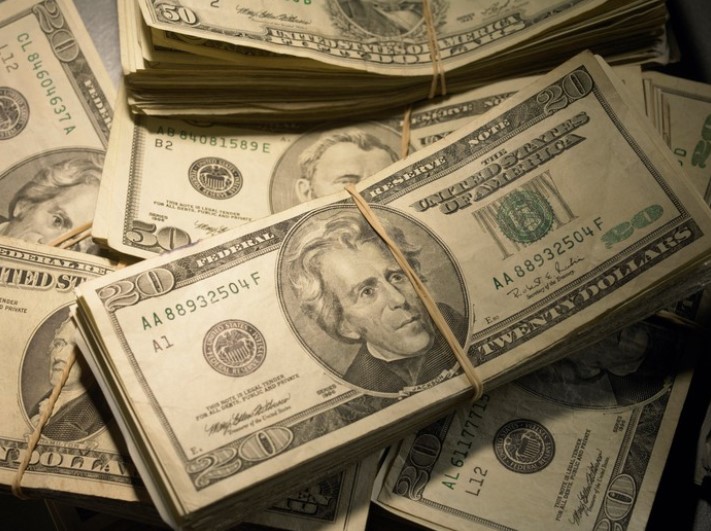
Investors put money into stocks because they want to see their savings grow, and many investors hope that the returns they’ll earn will turn even modest initial investments into life-changing wealth. Yet despite hopes that those returns will come quickly, time is the best friend for long-term investors. Given enough time, many stocks are able to deliver the gains that investors dream of.
Yet even among those long-term winners, few can match up to one much-loved stock. Led by one of the most influential investors of all time, this financial giant has a devoted following of shareholders and investment fans who parse through every move it makes. Even as detractors say that it’s past its prime, this single stock has nevertheless turned every $37 that investors spent on the stock early in its history into more than $1 million today. Below, we’ll look at the company and how it achieved its amazing results.
Nebraska’s biggest claim to fame
Berkshire Hathaway (NYSE:BRK.A) (NYSE:BRK.B) has one of the most illustrious histories of any company in the stock market. The insurance giant owes much of its fame to Warren Buffett, who has become the premier investing legend of his time. At the age of 89, Buffett still leads Berkshire as CEO, and along with 96-year-old vice chair Charlie Munger, Berkshire’s leadership continues to seek out lucrative investment opportunities.
Along the way, Berkshire shareholders have earned big rewards. In Berkshire’s 2019 annual report, the company stated that its stock had seen its value rise 24,726-fold between 1964 and 2018. Add to that the stock’s 2019 gains of 11%, and every $1 invested in Berkshire 56 years ago has turned into $27,442. Put another way, all it would’ve taken is a $37 investment in Berkshire back in 1964 to have a cool $1 million today.
A steady performance
Berkshire’s gains have come at a measured pace throughout its history, although some of the most dramatic growth came early in its history. After having refused a buyout bid of $11.375 per share in 1964 for the Berkshire stock he owned, Buffett went on to buy a controlling interest in the textile manufacturer. By 1977, Berkshire’s stock had jumped all the way to $100 per share, with the company having made an initial investment in personal insurance company GEICO the year before.
It took only six more years for Berkshire’s stock to go above $1,000, and by 1992, Berkshire’s shares fetched $10,000 each. The growth mirrored one of the strongest bull markets in history during the 1980s, only briefly interrupted by the stock market crash of 1987.
By the late 1990s, however, some thought that Buffett and Berkshire had lost their way. Investors piled into tech stocks, leaving Berkshire to languish, lagging the market badly. Yet when tech stocks fell sharply from 2000 to 2002, Berkshire remained relatively strong, and that highlighted the company’s long-term value proposition for another generation of investors.
Slower growth ahead
That said, even Buffett recognizes that Berkshire’s high-growth days are over. It took 14 years for the stock to go from $10,000 to $100,000 for the first time. And after another 14 years, Berkshire’s current stock price (around $340,000) shows it has a long way to go before it can reach the coveted level of $1 million per share.
Berkshire’s size makes it hard to sustain massive growth. Most investment opportunities simply aren’t big enough to move the needle for the insurance giant, and Buffett still isn’t willing to pay premium prices simply to make acquisitions. That’s a big reason Berkshire has so much cash on hand today — and why returns in 2019 didn’t live up to the broader market’s gains.
Get rich slowly
Investors in Berkshire today shouldn’t expect that putting in $37 now will yield $1 million as quickly as it did for the company’s earliest shareholders. Nevertheless, what’s more likely is that the vision that Buffett created for his company will live on for years to come, and Berkshire will strive to achieve strong long-term returns for shareholders.
